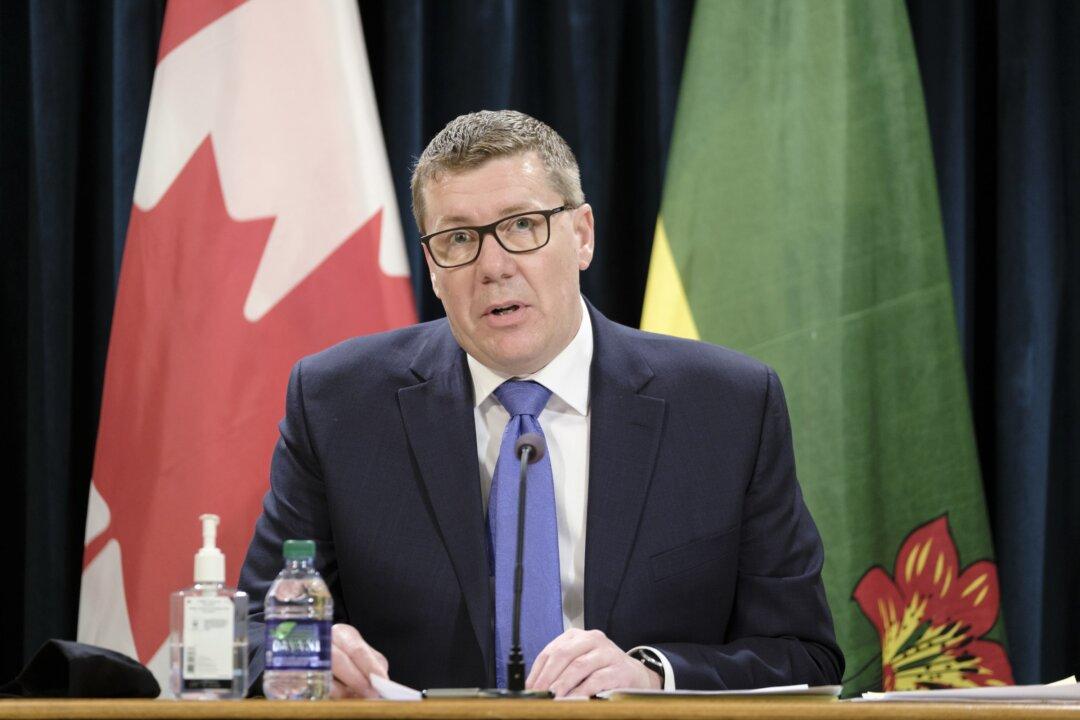If Saskatchewan Premier Scott Moe used the Constitution’s notwithstanding clause to override a court challenge concerning a policy regarding gender pronouns in schools, its invocation would not be unprecedented, says a constitutional lawyer.
“In Saskatchewan, uniquely enough, this actually wouldn’t be unprecedented,” said Marty Moore, litigation director with Charter Advocates Canada.





